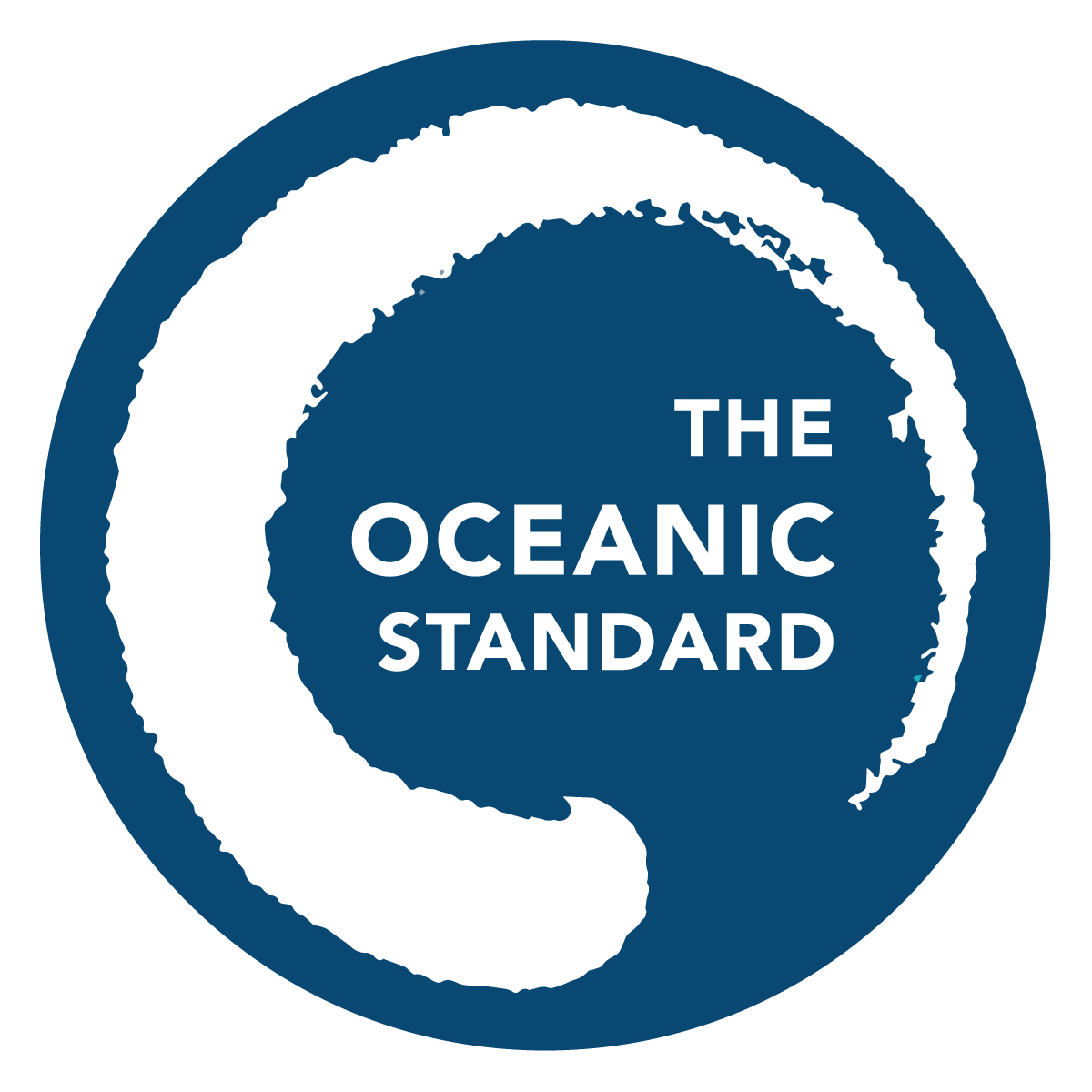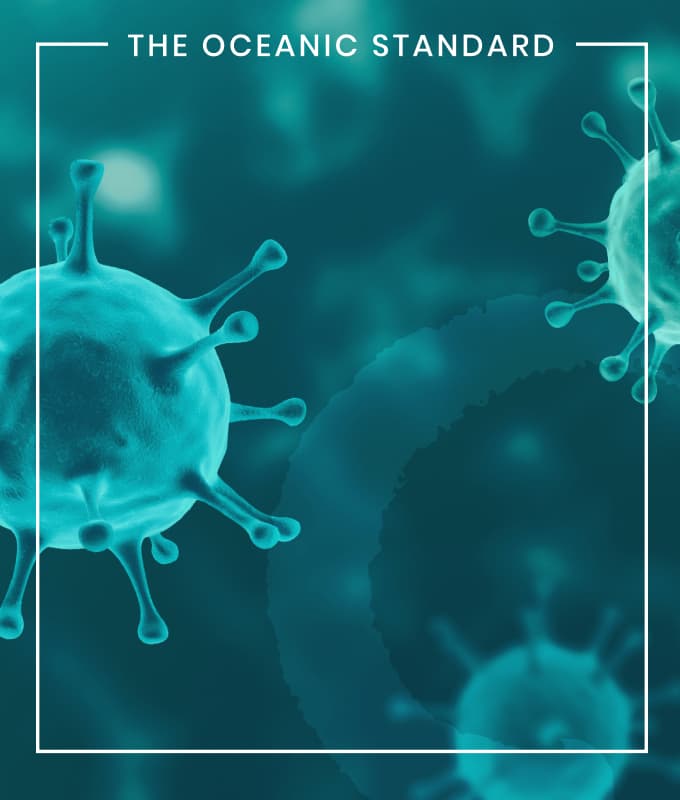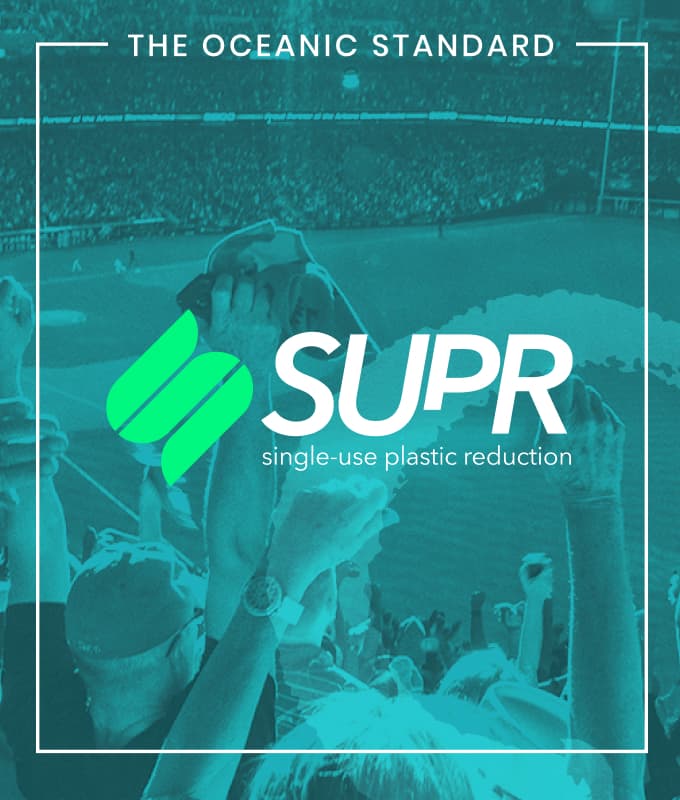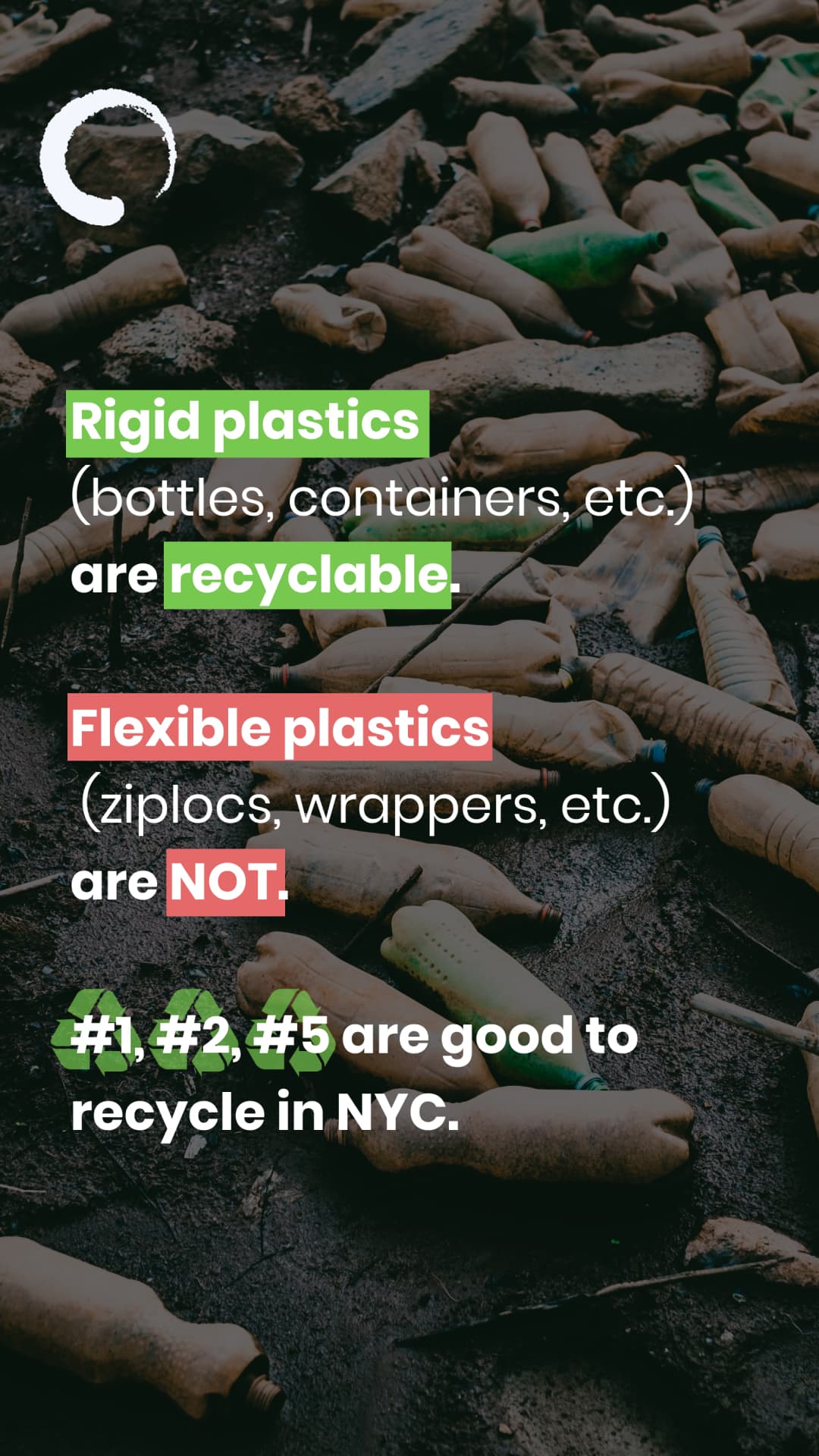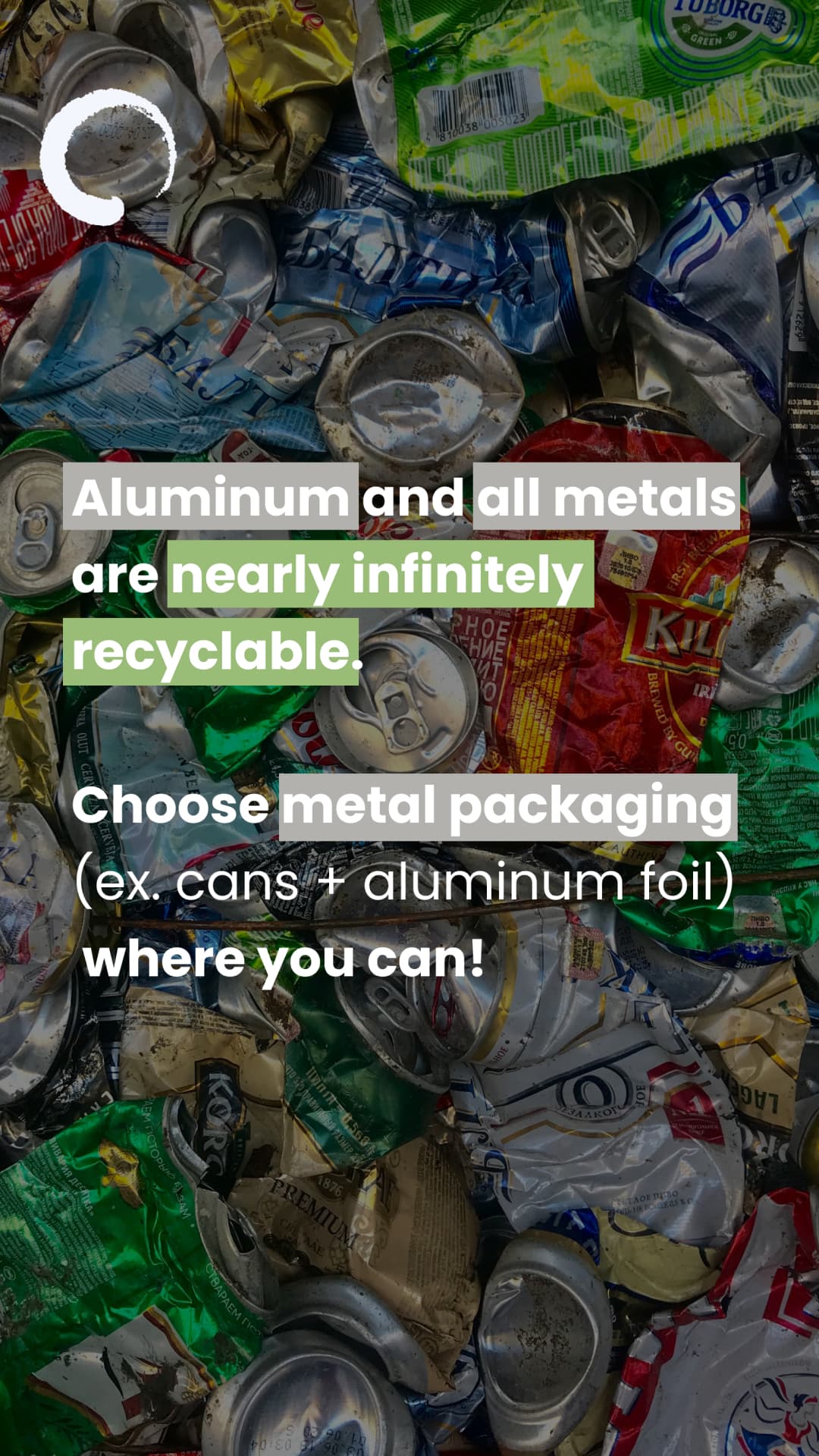



PLASTICS & GREENWASHING
Environmentally friendly products are not always what they seem.
What is GREENWASHING?
It is the misrepresentation of information to falsely represent environmentally responsible practices or behavior.
Greenwashing exists in all spheres of sustainability and environmental action. Learn the language so you can make conscious choices!
Part I
ALTERNATIVES TO SINGLE-USE PLASTICS
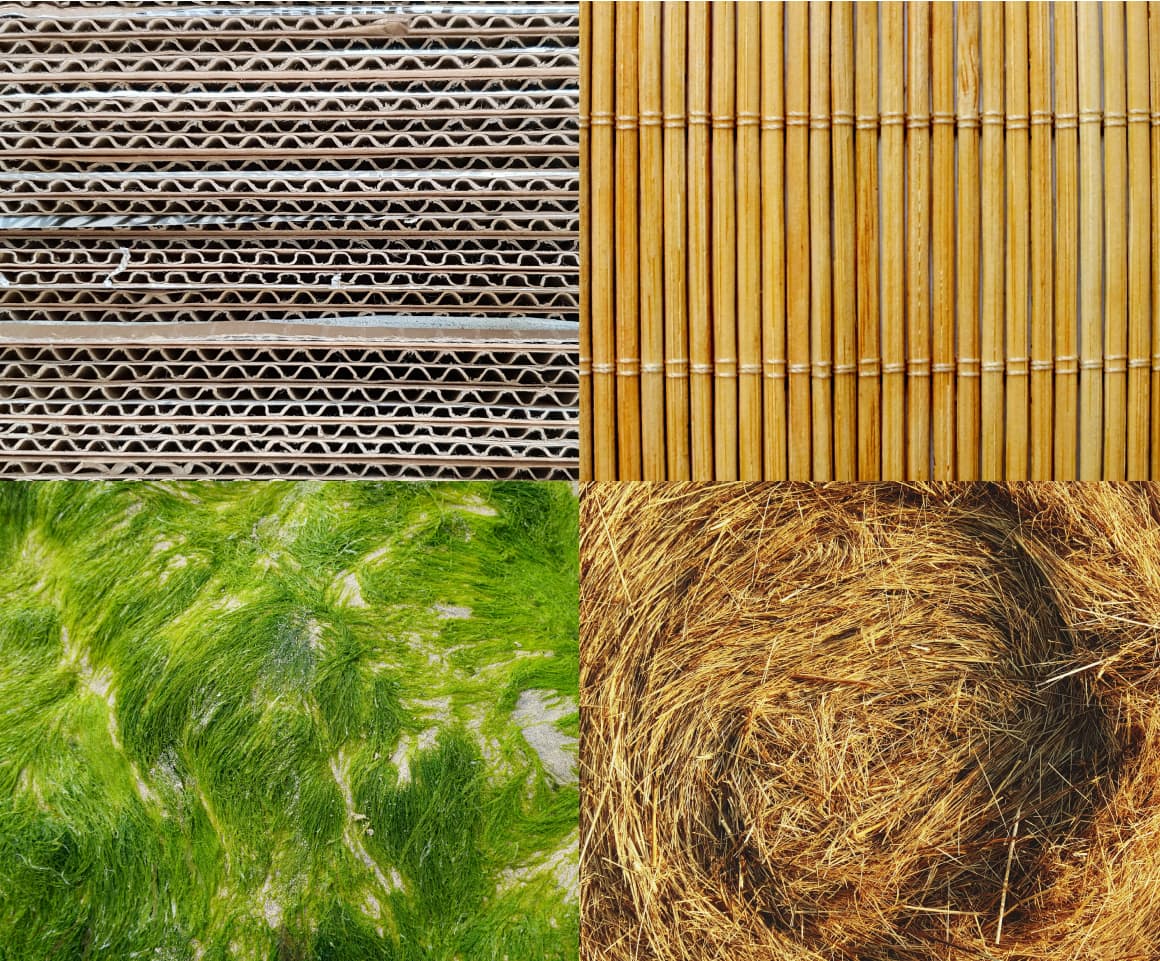
With technological advancements and increasing pressure for eco-friendly alternatives, companies are developing varieties of products to replace single-use plastics. In this growing industry, it is hard for buyers to know if the items they are choosing are truly sustainable.
To achieve a high level of sustainability, buyers need to source materials that consider the waste management infrastructure available regionally. Different materials require specialized waste management infrastructure to be disposed of properly.
What are the terms?
The terms biodegradable, bioplastic, and compostable are often used interchangeably; however, it is important to understand the differences in these terms to effectively navigate the space and choose genuinely sustainable options.
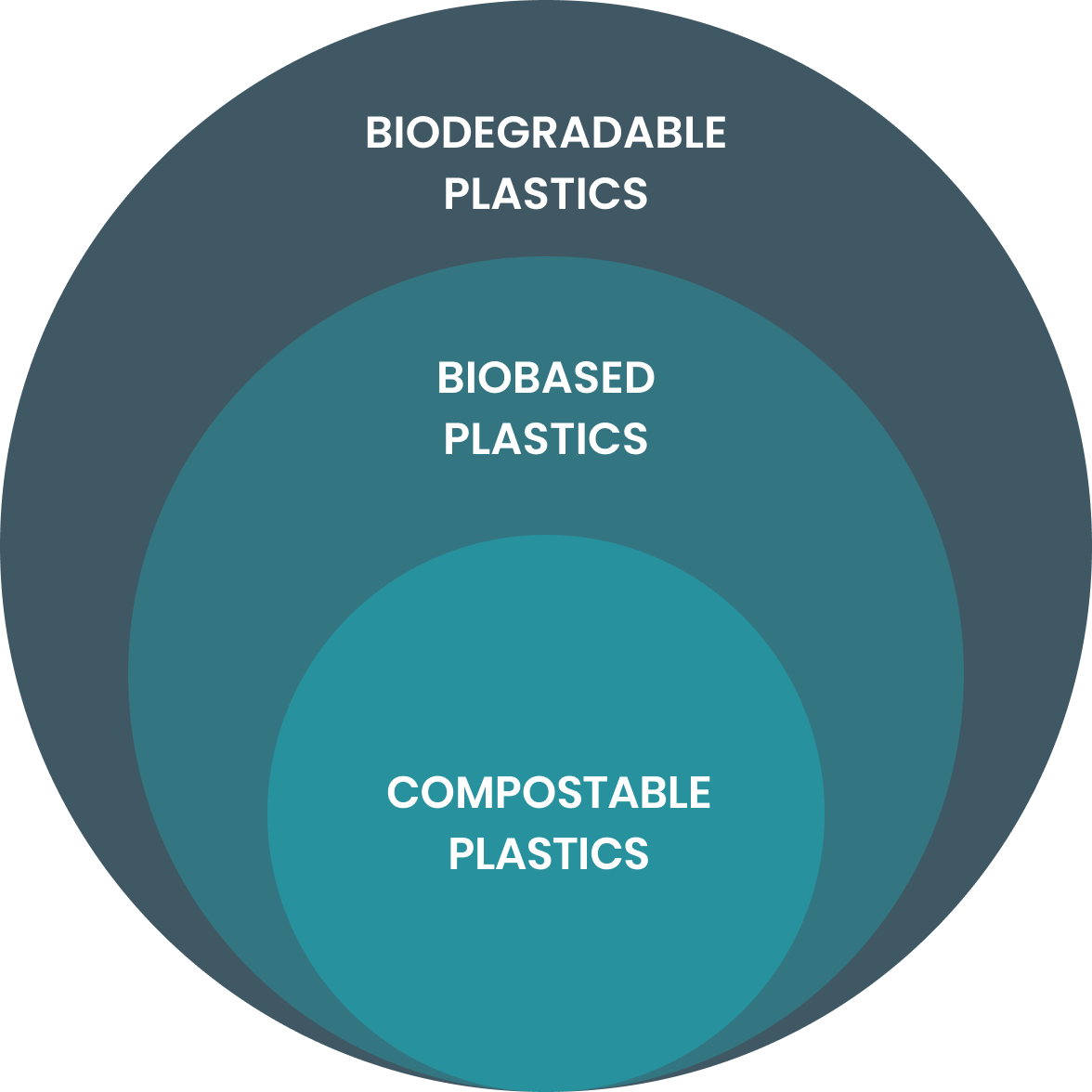
Click each term to find out more
 BIODEGRADABLE
BIODEGRADABLE

- No universally recognized definition or standard for the term ‘biodegradable’.
- No time frame associated with the term to define how long it will take for a item to breakdown into organic components that are earth digestible.
- Due to the lack of clarity, products defined as “biodegradable” could be great sustainable choices or highly destructive to both human and environmental health.
As the term ‘biodegradable’ is not universally recognized, it is unclear from the term how materials need to be treated. Based on the material’s composition, materials may need to be treated in an industrial composting facility, residential compost with organic waste, recycling facility, or landfill.
- We are all biodegradable, even humans!
- Due to lack of a uniform standard, California banned the term ‘biodegradable” for any plastics sold in the state to help avoid misinformation!
 BIOBASED
BIOBASED

- Biobased plastics or bioplastics are made from plant-based materials rather than petroleum-based materials.
- Many bioplastics are hybrids, made from a combination of plant-based polymers and fossil fuels, which influences how the material needs to be treated at end-of-life.
- There is no inherent definition or assurance that these materials are earth digestible and in most cases they will still pose great risks to human and environmental health if littered in the environment.
Depending on the blend of polymers and how the product is manufactured, it may need to be treated in an industrial composting facility, residential compost with organic waste, recycling facility, or landfill. Check the labels!
- Common bioplastics include: PLA (corn), PHA (sugar or lipids plants like sugar cane).
- Bioplastics contain fewer inherent toxins than their petroleum-based counterparts and are less reliant on the fossil fuel industry. However, microplastic fragments can still aggregate harmful chemicals suspended in the water column, which accumulate up aquatic food chains.
 COMPOSTABLE PLASTIC
COMPOSTABLE PLASTIC

Certified compostable plastics are 100% made from plant-based materials and earn a certification for meeting test requirements, which include specifically defined temperature, time, micro-organism, and environment conditons. Certification bodies vary by region and country, and there are different levels of certification.
Materials need to be treated in an industrial / commercial or home composting facility! Each certification refers to defined test conditions, so read the labels and understand which tests the materials passed to know how they need to be treated. Compare these conditions with waste management infrastructure available in your region to ensure materials are compatible.
Unless clearly defined, these materials cannnot be treated in residential compost with organic waste, and will pose the same threats as conventional plastic in a landfill or the environment.
- Specific time, temperature, and microorganisms are required to breakdown these materials into earth digestible components.
- For business sourcing compostable plastics, you will need to have composting bins on site to separate materials from recycling and landfill wast streams and arrange for a separate pick-up.
 OXO-DEGRADABLE PLASTIC
OXO-DEGRADABLE PLASTIC

Fossil-fuel based plastic products with additives that accelerate breakdown into smaller plastic fragments.
Check the labels and your local infrastructure. Most will be recyclable.
- These are still fossil-fuel based plastics!
- These are plastic materials with an additive that accelerates the creation of microplastics, which actually pose a greater risk of ingestion by animals, and as such are more harmful to both human and environmental health.
Part II
RECYCLING
What is Recycling
Recycling is the process of recovering plastic waste and using it to create another item.
Every plastic item has a recycling logo on plastic products, which determines the type of plastic it is and if it can be recycled. Check what your local recycling facilities can accept. In most of the U.S., only #1, #2 and #5 plastics can be recycled!
Recycling reduces carbon emissions from waste management, and energy and water costs of manufacturing virgin materials.
Did You Know?
There are many prevalent misconceptions on recyclable plastic and the effectiveness of recycling:
Only a fraction of plastics get recycled.
Plastic reycling infrastructure is limited in comparison to the global demand, so only a fraction of the plastic separated in recycling bins actually gets recycled. When recycling facilities are at capacity, they turn away materials to be treated in landfills or incinerators.

We are exporting our waste globally!
In fact, many countries were sending their plastic waste to China before China implemented the Green Sword Policy to reject all unwanted shipments of unprocessed material waste. Countries in North America and Europe are still exporting their waste including hazardous waste to countries in the global South, including Brazil, India, and Indonesia.

Plastics cannot be infinitely recycled!
Unlike metal or glass, plastic degrades with every life cycle and cannot be infinitely recycled! PET bottles cannot be recycled directly into more PET bottles, some virgin plastic is needed to achieve the rigid structural integrity of the bottle.

Food contamination is an issue.
Food contamination is a major problem for recycling because recycling facilities will reject items with rotting residue.

Compostable plastics contaminate recycling!
Most compostable plastics are not accepted at recycling facilities and will contaminate recycling streams.

Black plastic cannot be recycled.
Black plastic (commonly used for take-out containers) cannot be recycled because it is not detected by sorting machines!
Recycling Tips
Some things to focus on when recycling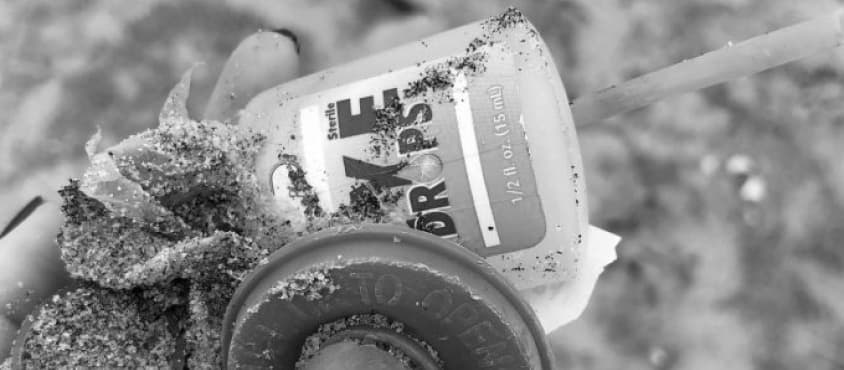
Rigid plastics (bottles, containers, etc.) are recyclable. Flexible plastics (ziplocs, wrappers, etc.) are NOT.

Aluminum and all metals are nearly infinitely recyclable. Choose metal packaging (ex. cans + aluminum foil) where you can!

Separate your paper from other recyclables so it stays dry and is more likely to have a second life!

Used paper towels are NOT recyclable, but they ARE compostable with the rest of your organics.
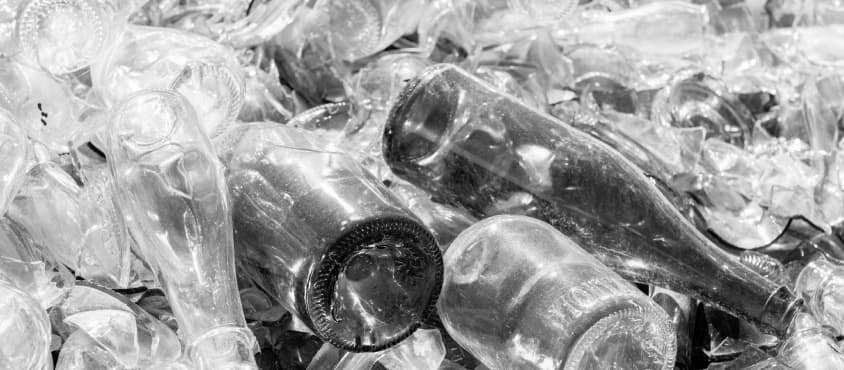
Many companies have stopped accepting glass because not many companies will buy it. CONTINUE to separate it because it is still collected by some municipalities, but consume less or reuse jars at home!

Plastic bags are not recyclable in your municipal recycling, but they can be brought back to stores that have take-back programs.
Additional Resources
